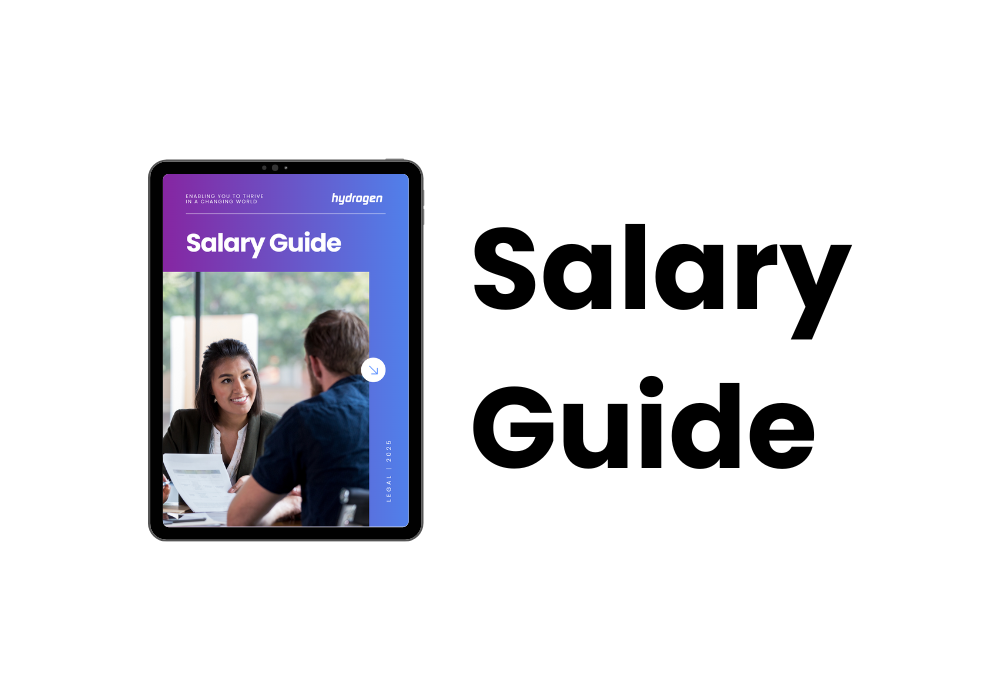Keeping up with the LifeSci team: James Cleminshaw
Tell me a bit about how and why you joined Hydrogen
I have graduated in July 2020 from Cardiff University in Politics and Economics. A friend recommended I look at the recruitment industry. I applied and interviewed in a few places such as real estate, IT, and tech, but Hydrogen definitely stood out. I had an interview with Tim and Daniela and the one thing that really attracted me was the potential career path available. They were very clear, and it was all laid black and white which I appreciated. The culture and owning your time were unique and extremely rare for me as I have not seen that in many companies. So these are the main reasons why I joined Hydrogen.
How’s the candidate’s work-life balance in your niche?
I work primarily in the contract market which offers a great work-life balance. Contractors can decide how often they work and also the length of the contract, allowing them to enjoy more free time if they wish. Also, a lot of the roles working nowadays are fully home-based or hybrid roles. My market is focused on CRAs, who only have to go at certain times and days when they are doing monitoring visits, as an example. As you go up the managerial ladder, clinical operation roles tend to become fully remote.
How does the salary compare in the Life Sciences industry vs others? Also, what are the promotion and development opportunities like for a candidate?
CRA level defers from country to country. Switzerland, as well as the Nordic countries, tend to have higher average salaries compared to other countries. Clients are offering bonuses and perks, e.g. big sign-on bonuses to compete due to candidate shortages in this industry. There are thousands of different pharmaceutical and biotechnology companies that are all looking to hire the same people. There is a massive demand for CRAs, project managers, and clinical operation leads.
What would you say is the most challenging part of your role?
Having a candidate short market and being able to compete with many recruiters, I have to stand out and create a relationship with the candidate. Going above and beyond is also part of our culture at Hydrogen which provides training and a lot of advice from senior team members which helps me to create a strong relationship with the candidate. I also find working in the permanent market more difficult than the contract one, as it is a lot slower-paced and much harder to find the perfect candidate, but it is also a lot more rewarding.
How would you describe the team dynamic?
The whole Life Sciences team is really close and there’s no one on the team that I cannot ask for help. Friendly, helpful, and full of advice. There is no such thing as a stupid question to the team. In terms of our CRA team, it’s small which helps us create a greater bond and help each other out even more. We go out for food and drinks with the team often, which helps us to get to know each other better outside of work, which is very beneficial for the work dynamic. We also get together as a team once a month to do objection handling training which I have found to be very useful.
You have a few clients that you work with and even helped form a partnership with Hydrogen, what was your experience like in this process?
Recently I have become much more involved in dealing with clients first-hand, which is something that I thoroughly enjoy. It helps me understand the greater picture surrounding the recruitment process, and I love building relationships and having direct contact with hiring managers as it allows me to do my job to the best of my ability.
If someone was to get into the CRA field, what can they expect?
Beginning as a CRA I, the usual tasks that you can expect will vary from company to company, and even from trial to trial, but are generally quite standardised. You can expect to complete site visits from the study start-up, all the way throughout to the closeout of the trial. This includes qualification and feasibility visits, site initiation visits, monitoring visits, and termination visits, helping to ensure the quality and integrity of clinical trials. Some companies even offer CRA apprenticeships, to allow junior-level candidates a taste of what it is like.
What are your hobbies and interests?
My main hobby would be playing and watching football and supporting the best club in the world – Chelsea FC. I also enjoy going to the gym (when I can be bothered) and I also recently started kickboxing, having been inspired by my friend who is the manager of the kickboxing gym. I also enjoy playing tennis and skiing – although my skiing skills could use some improvement.
What is a hidden trait or talent you have?
I wouldn’t quite call it a talent, but I do enjoy cooking. My favourite meal to make is chicken burritos, simple yet effective, but I also enjoy trying to make new dishes or foods that I have seen people make online. It’s not the worst tasting food in the world. Maybe one day I will try to make some food for the whole Life Sciences team.
If you were a football player past or present, who would you be and why?
If I could be any footballer in the world, I would choose Frank Lampard. Firstly, he is the greatest English midfielder of all time, and secondly, he just seems down to earth, and a friendly person. If I had to choose without a Chelsea bias, I would pick Ronaldinho.
If someone was to join the team, what advice would you give to them on their first day?
My advice for someone on their first day at Hydrogen would be to learn your market as quickly as you can. It makes talking to candidates a lot easier and gives you a much greater understanding of why certain candidates want certain things. I would also say don’t be afraid to pick up the phone as much as possible, as this is the best way to improve your recruitment skills, and it also helps greatly in learning your market. Lastly, I would say don’t be afraid to ask as many questions as possible, there’s no such thing as a stupid question in recruitment and nobody expects you to know everything when you first start!
Interested to join our team? Discover more about the opportunities available at Hydrogen on our Careers page. Or if you would like to discuss more business or job opportunities in the Life Sciences sector, get in touch with us.













